Most apps sell an endless library of sit-down meditations, yet the research says real change comes from learning skills you can deploy in messy everyday life. Below are three common myths that keep people stuck and a practical way to break free of each one.
Myth 1: You have to clear your mind for mindfulness to work.
Open any store page and you’ll see screenshots that promise “inner silence in ten minutes.” The trouble is, thoughts do not obey stop signs. Trying to empty the mind often backfires: you notice more chatter, feel you’re “failing,” and quit.
Skill-training fix: learn defusion. Instead of chasing silence, you practice noticing a thought, labelling it (“I’m having the thought that …”), and pivoting back to what matters. Research on Acceptance & Commitment Therapy shows that people who master defusion handle intrusive thoughts better—even when the mental noise never stops. Our chatbot walks you through a three-minute defusion drill you can run between meetings, no lotus position required.
Myth 2: Mindfulness means feeling calm.
Calm is lovely when it shows up, but emotions are weather systems: they roll in and out on their own timetable. Apps that equate mindfulness with relaxation teach users to judge the practice by an outcome they can’t fully control.
Skill-training fix: practice acceptance (sometimes called _willingness_). Acceptance is not resignation; it is the ability to make room for an uncomfortable sensation without letting it hijack your next move. Studies on ACT-based interventions find that willingness predicts lower stress and higher task persistence, even when the heart is still racing. In the chatbot’s acceptance module you rehearse a tiny script: name the feeling, notice its shape in the body, choose your next action anyway. Calm may follow, or not; either way, you’ve stayed in the driver’s seat.
Myth 3: Just meditate longer and the benefits will compound.
Traditional apps keep you on a mileage plan: more minutes, longer streaks, bigger libraries. But repetition without feedback plateaus fast; you rack up sessions without sharpening attention off-cushion.
Skill-training fix: treat attention like a muscle and track present-moment awareness on the fly. We prompt you, mid-scroll, mid-email, mid-argument, to glance up, note the room’s sounds, and feel the chair under you. These micro-reps build the _observing self_, the perspective that can watch experiences instead of drowning in them. Because you record a quick reflection after each drill, the app’s dashboard shows your accuracy improving the way a fitness tracker shows step counts. Minutes logged become skills measured.
Bringing It Together
Mindfulness was never meant to be a marathon of calm playlists. It’s a toolkit: defusion to unhook from thoughts, acceptance to stay open to feelings, present-moment awareness to direct attention, and observing self to keep perspective. Start with a sixty-second drill, see how it lands, and only then add another rep—exactly how you’d learn any physical skill.
If you want guided reps instead of another hour-long meditation track, try our Defusion Session. It’s free, three minutes, and designed by psychologists who live inside the evidence, not the hype.
Real change is built in tiny, repeatable skills. Let’s train them, not chase a perfect mood.


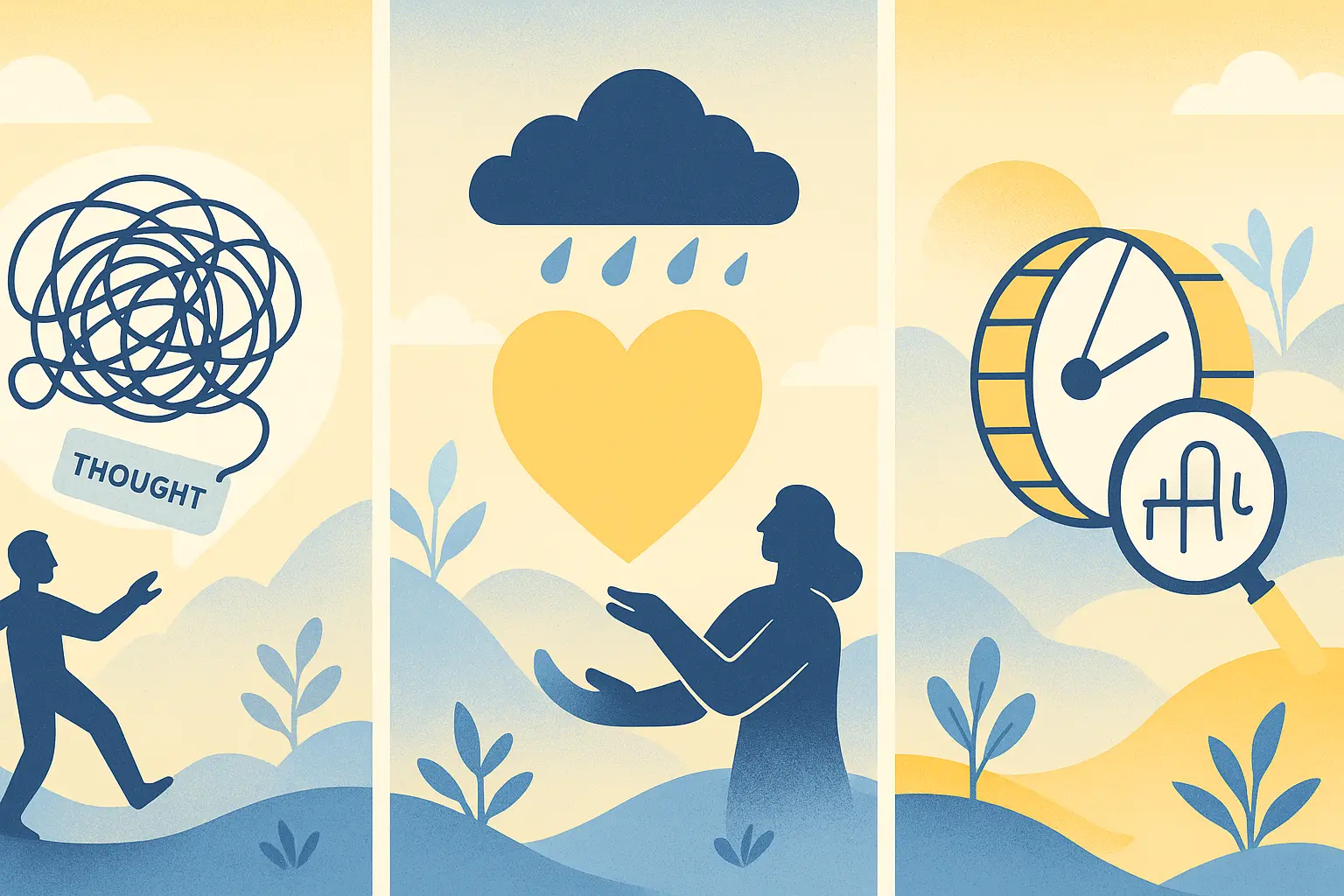
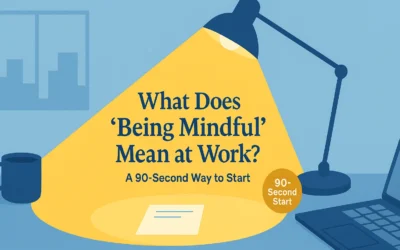
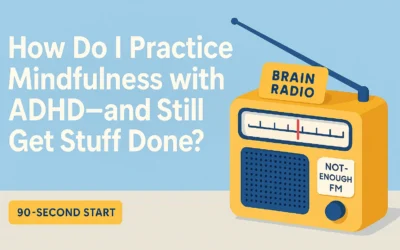
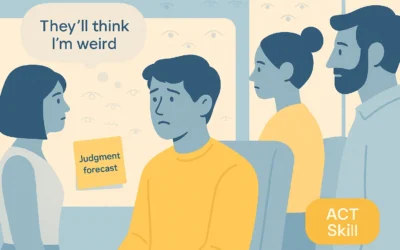
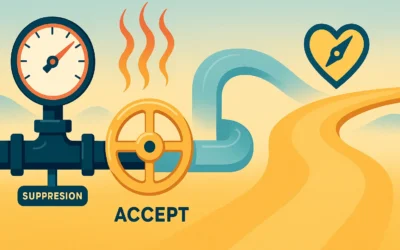
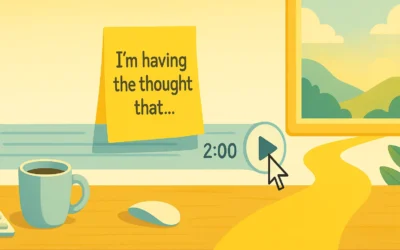
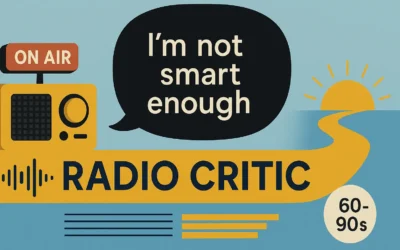
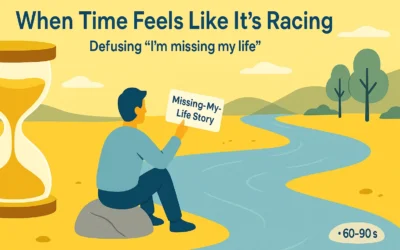
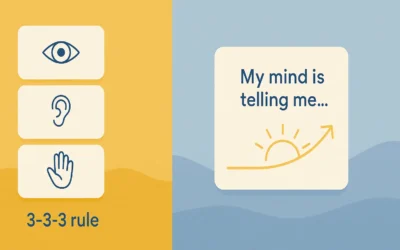
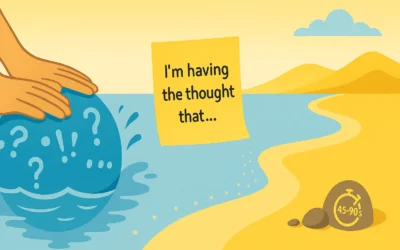
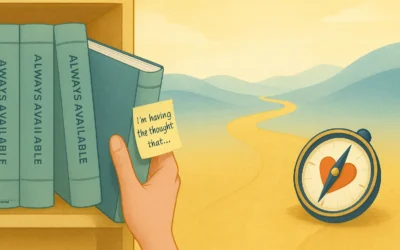
0 Comments